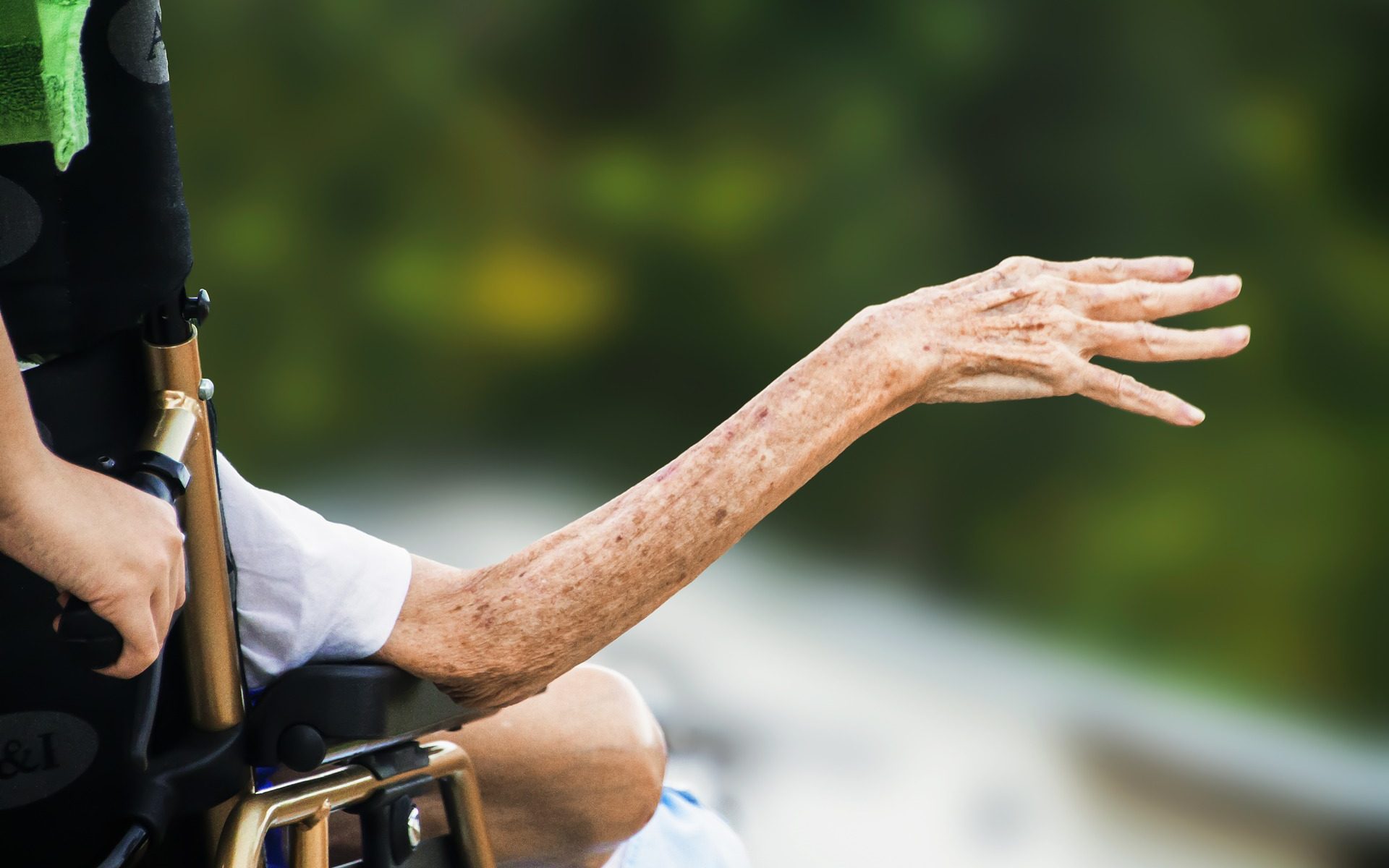There is one particular “pearl” I’ve learned throughout my career, which in my opinion is one of the most important elements of the doctor/patient relationship: the human touch.
Sometimes, this can include the physical “laying of hands” onto a patient as part of an encounter. But in all cases, it means connecting with the patient in a heartfelt, professional and friendly way. Patients want to feel like they are special – especially in today’s high-tech environment. Where doctors can be easily distracted entering chart notes into a computer rather than spending quality time with their patient. Paying too much attention to technology makes the patient feel less important and less special.
There are some very simple ways to foster a more personal connection with your patient. Greeting a patient with a warm and caring smile, as well as offering a firm handshake makes a strong impression. Complimenting can be a great icebreaker during any patient encounter. For example, when I greet a patient I might say something such as, “What a great haircut,” or “That’s a beautiful scarf,” or “I love the necklace you’re wearing.” These simple gestures are acts of kindness a patient never forgets.
During an encounter, I like to sit on a stool and make direct eye contact with the patient. This makes that person feel as if he/she is the most important person in the room, which is true. In general, try to look at and focus on the patient as much as possible. And enter your chart notes at the end of the encounter. Whenever possible, I ask my patients questions about their work, where they live, about their children, or the type of interests or hobbies they might have. I take notes of their answers and enter this information into their chart, so at the next encounter I can refer back to their comments and continue the conversation where we left off.
Trust is one of the key elements of the doctor-patient relationship.
In light of new obstacles patients are facing with regard to their insurance plans, such as higher deductibles and coinsurance, competition among dermatologists is keener than ever. You have to earn your patients’ trust for them to remain loyal patients. Many people today search for a physician and then write about their experience online. Building a personal, trusting relationship with a patient can boost your online reputation. If I sense that a patient has had a particularly successful outcome or has been extremely pleased with the services that were provided, my staff may gently encourage him/her to go online to describe their positive experience.
In today’s competitive market, it’s not enough to be a well-trained doctor. You have to be a great doctor and act the part. When the audience (the patient) arrives and the curtain goes up, it’s “Showtime!” It’s your one chance to enter the treatment room with an earnest smile and begin to build. And forge a personal relationship that will hopefully grow and flourish over time.

